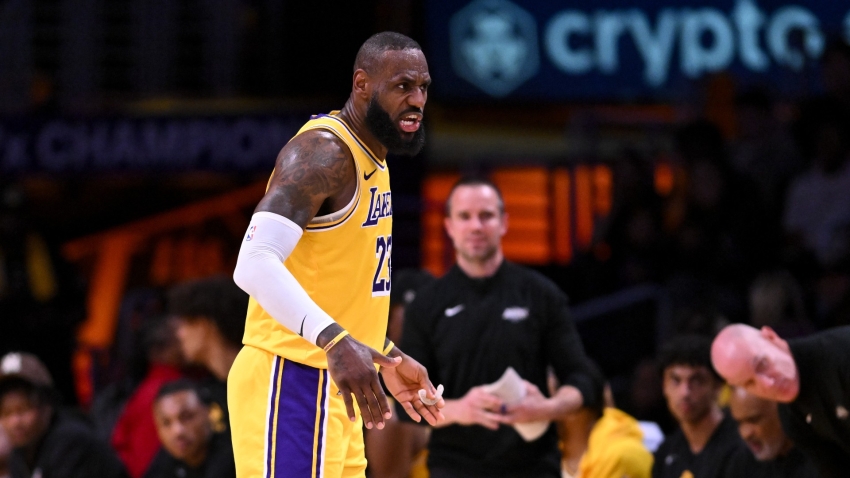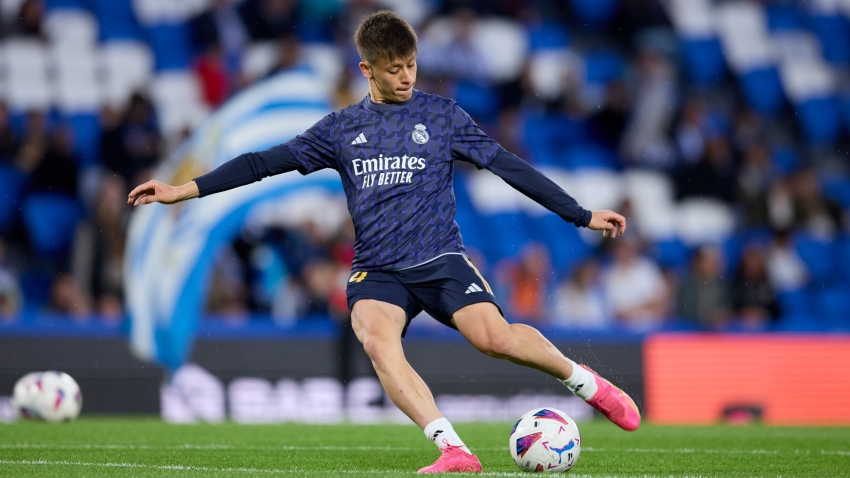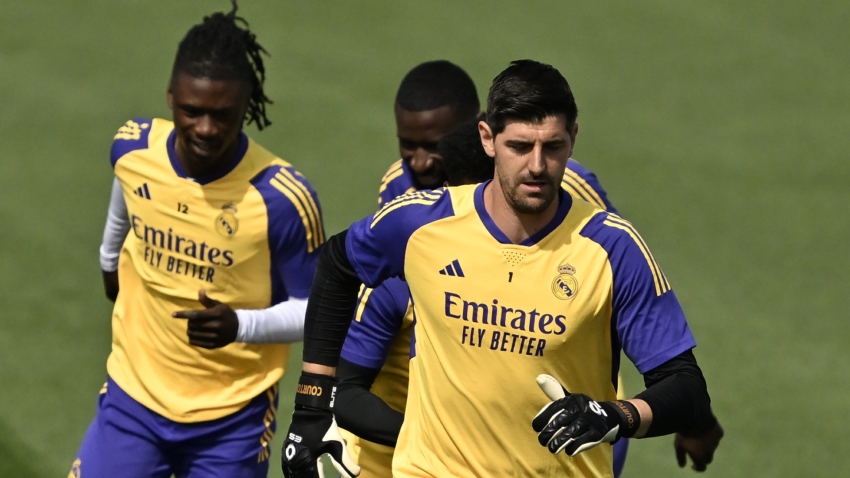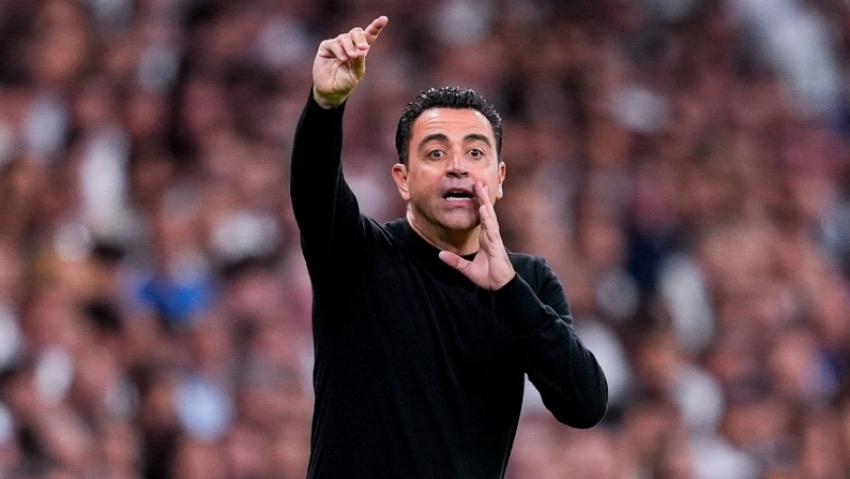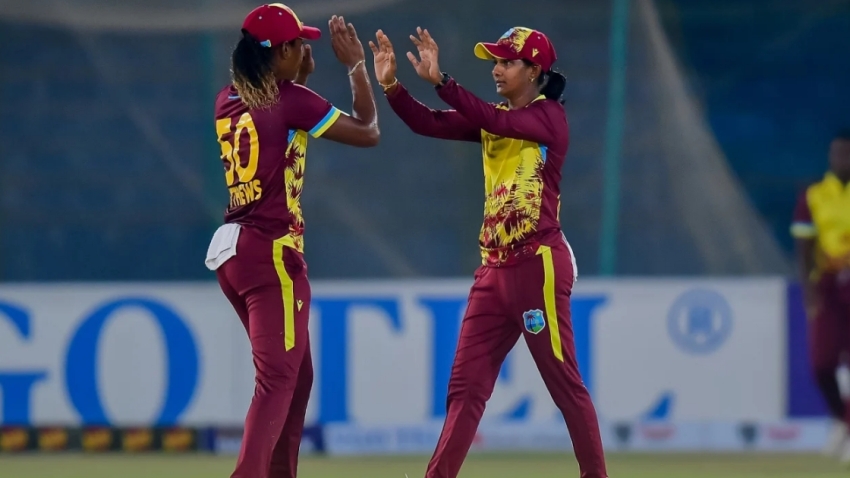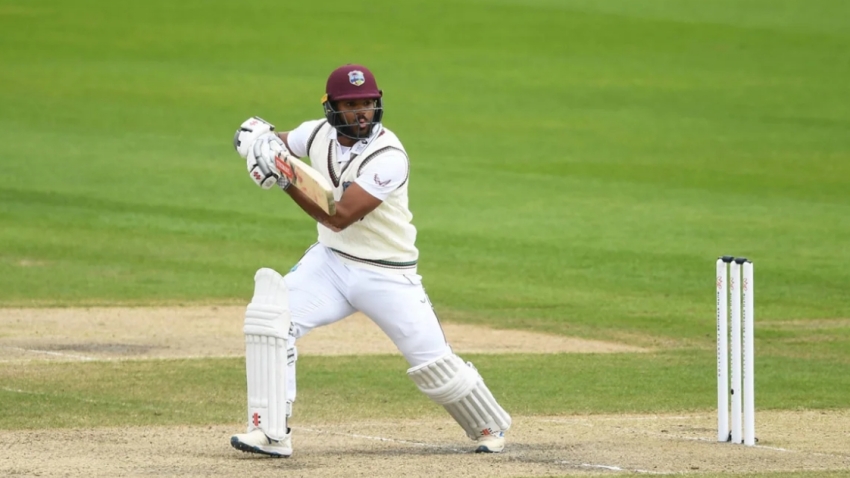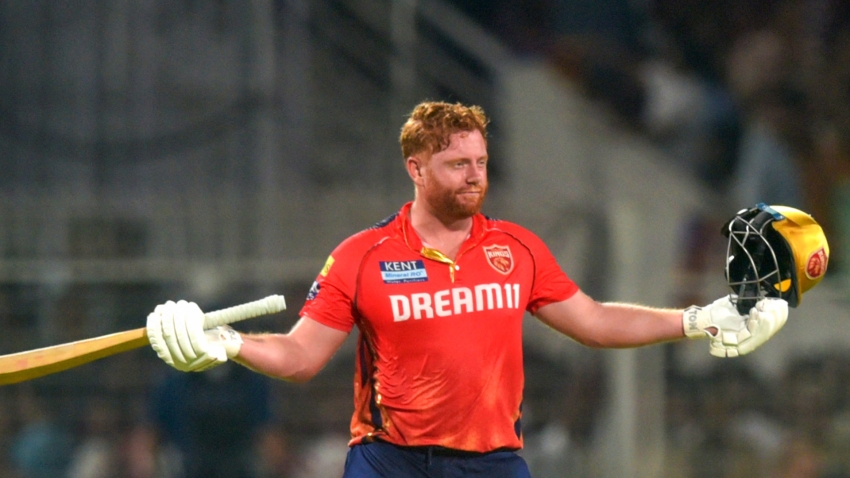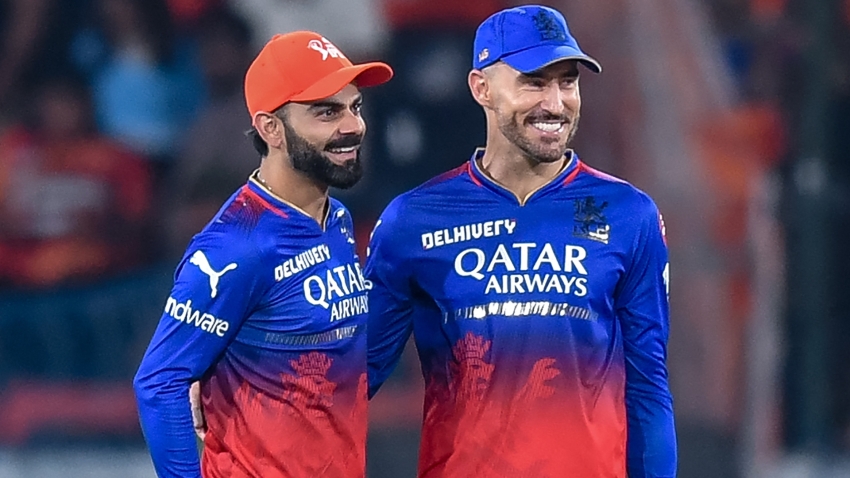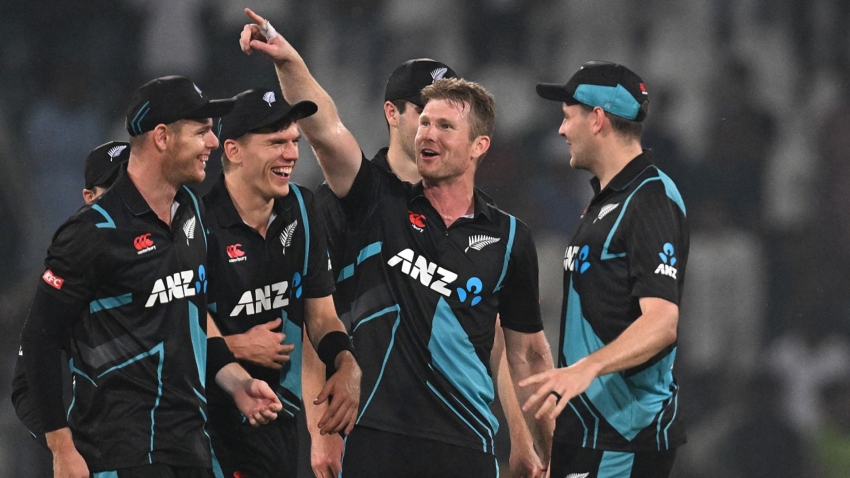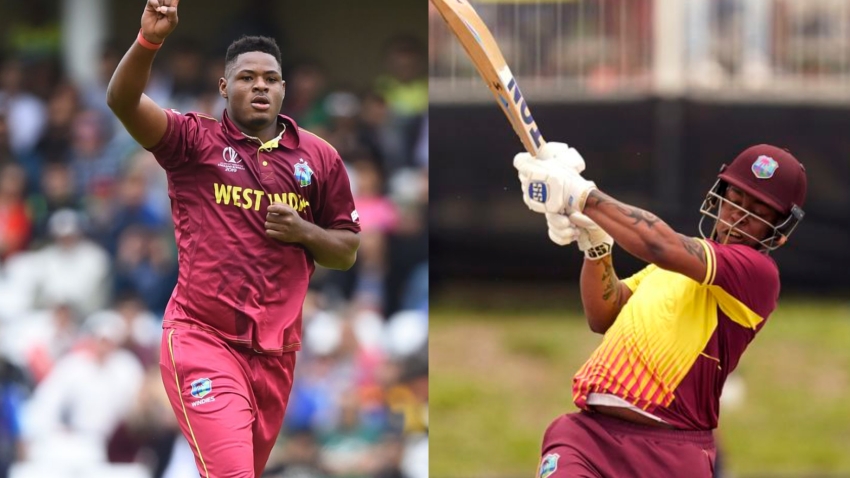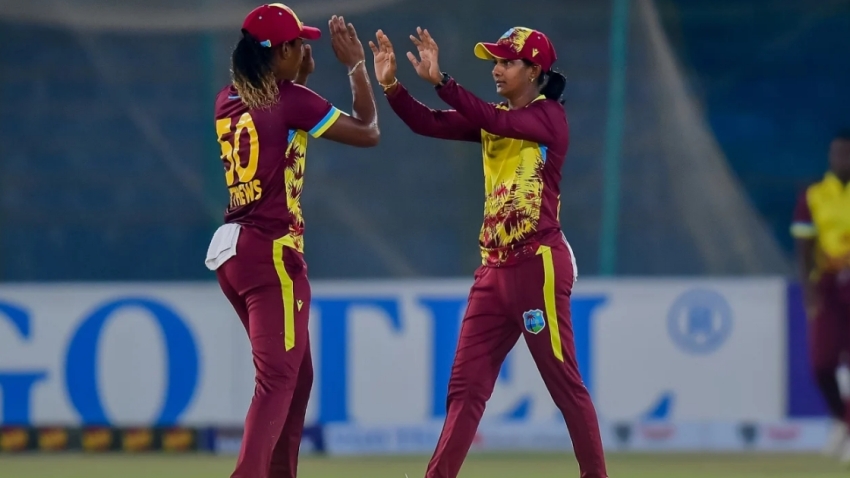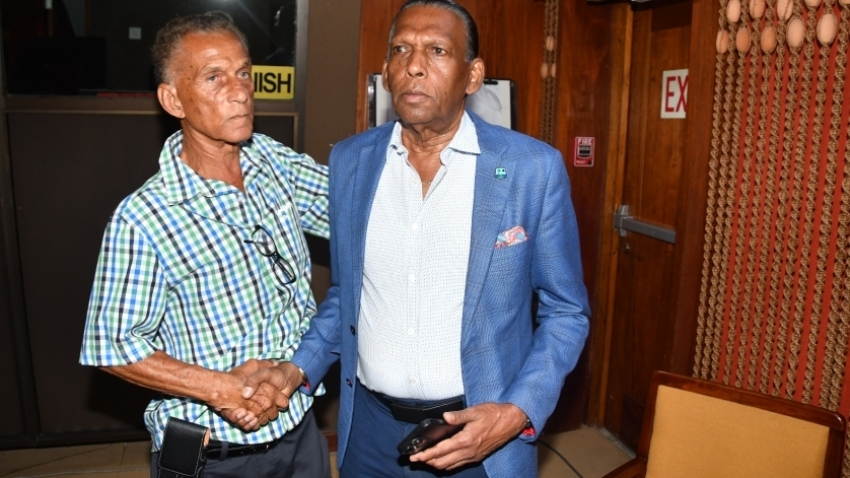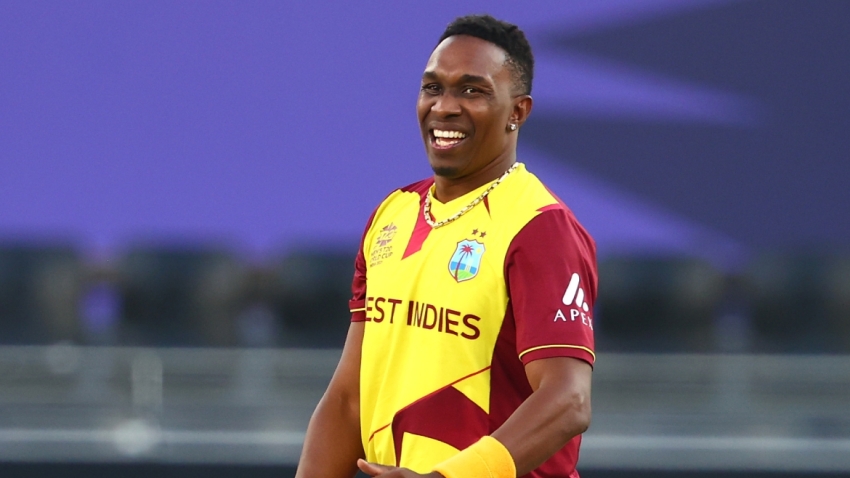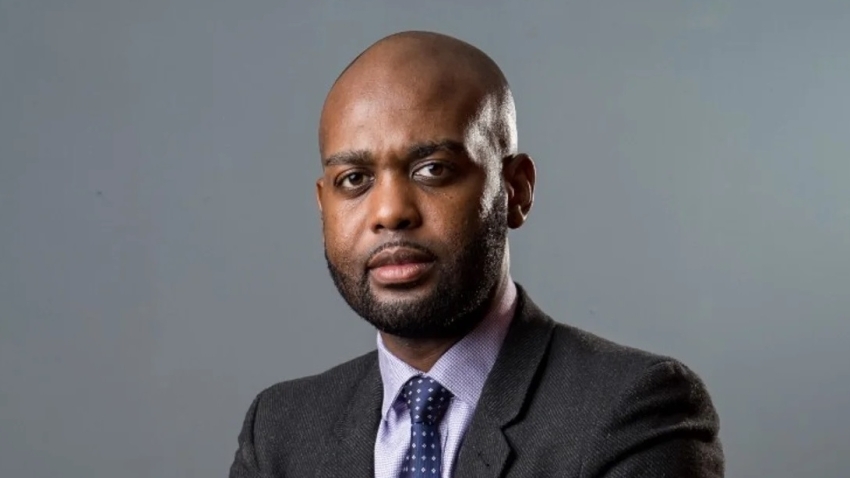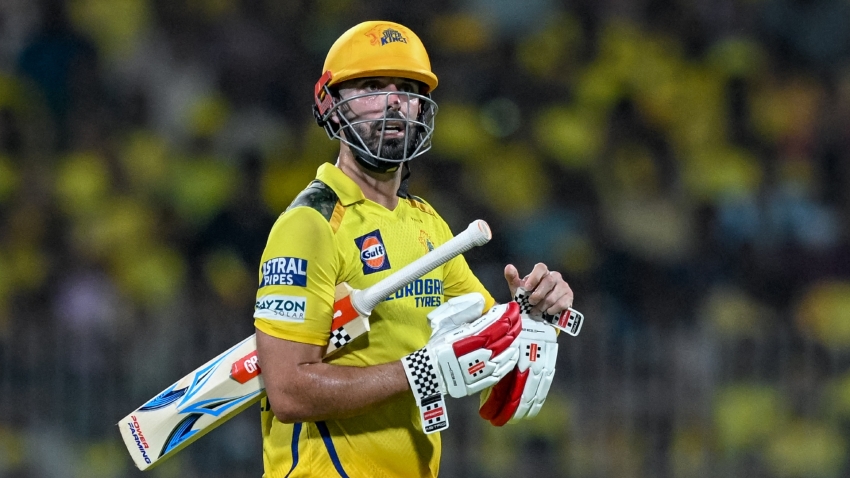“If you really want to kill whatever you do, start from the top going down.”
Those words by newly-elected Jamaica Cricket Association (JCA) president Dr. Donovan Bennett, just about declared that he is armed with a vision and a no-nonsense approach to not only change the narrative of the country’s governing cricket body, but also to rebuild the sport from the youth level up.
Bennett, who has a passion for cricket, revealed plans for the journey ahead with optimism that he can lead Jamaican cricket into a new era of greatness, after he dethroned Wilford ‘Billy’ Heaven 67 to 30 during the JCA’s Annual General Meeting at the Jamaica Conference Centre on Thursday.
Interestingly, Bennett, was a long-serving vice-president to Heaven, who led for over a decade, but said he was forced to challenge for the presidency due to the state of Jamaica’s cricket, and the resounding response from delegates justified his decision.
Though a bit surprised by the margin of victory, Bennett believes his proven track record at the youth level was what convinced delegates to vote in his favour, denying Heaven a fifth-consecutive term.
“I suppose because of my work at the youth level. I must say, I was quite successful for a very long time, and if we're going to rebuild Jamaica's cricket, then we've got to start at the bottom and work our way up. So, I think the voters think that they needed somebody who have a proper knowledge of cricket and how to administer it,” Bennett said.
With well-known administrators Fritz Harris and Dr Akshai Mansingh as his vice presidents, Bennett intends to waste little time rolling out his ambitions for the future of Jamaican cricket. His first order of business was to focus on rebuilding the sport from its foundation –the youth.
“If you start a building and you build from the top downwards, you're going to have problems. There's only one profession where they start from the top and go to the bottom and that is a gravedigger. So, if you really want to kill whatever you do, start from the top. So, we're going to start from the bottom. We are going to start at the Under-13 level, our first task would be to start building from there,” he declared.
“Because if you build the Under-13 and you build it properly, then the following year, you will have Under-15 cricketers, and the following year you'll have Under-17 cricketers, and it goes along like that. There's also another gap in that pyramid. Just below the top of the pyramid, we have an Under-23 gap, when players leave the Under-19 level, sometimes they get lost because there is not an Under-23 level to absorb them and to keep them going in the game. It's not going to happen in one year. It's going to take time, but if you do it properly, before you know it, you will have guys who are winners for you,” Bennett explained.

Bennett's approach to youth development is owing to the fact that the country's current crop of senior players, have had very little success in recent times. As such, he and his team are ready to hit the ground running, with the assistance of others, to steer cricket down the right path.
“I understand the enormity of the task at hand because things are at a very low level right now, but as I told my supporters and my friends that, I can't do it alone, and it's going to take the effort of every cricket loving person to get this thing going. No one of us or no few of us can rebuild cricket in Jamaica. So, it's going to be a process of working with and consulting with all the clubs and parishes. We've got to rebuild that relationship between the clubs and parishes because the JCA is a reflection of the clubs and parishes. So that's where I think we need to go,” he added.
For Bennett, the implementation of plans, which were shelved by his predecessor, will also take priority on his to-do list. However, with the JCA currently strapped for cash, he is hoping to access funds from Cricket West Indies (UWI) to cushion the shortfall.
“There are a lot of good plans lying at the JCA. The problem with the JCA has been implementation and getting the funding in place to get these programmes working. So, we need funding, and we need proper implementation. So, the effort has to be there, and the money has to be there. So let us not fool ourselves. If we don't have money, we can't do anything,” Bennett noted.
He continued: “I think one of the problems that the past administration had is that they didn't get funding because they didn't go and ask for it. We are going to go there and we're going to ask for it, and I'm sure that with the proper presentation and proper plans being drawn to be presented to sponsors, that we will get sponsorship.
“And I have significant goodwill at CWI level. I mean, I represent Jamaica there, and I have tried my best to be respected and understood by the majority of the directors there, so I expect cooperation at that level. Right now, the CWI owes Jamaica a lot of money, and I am sure that we will get that.”


